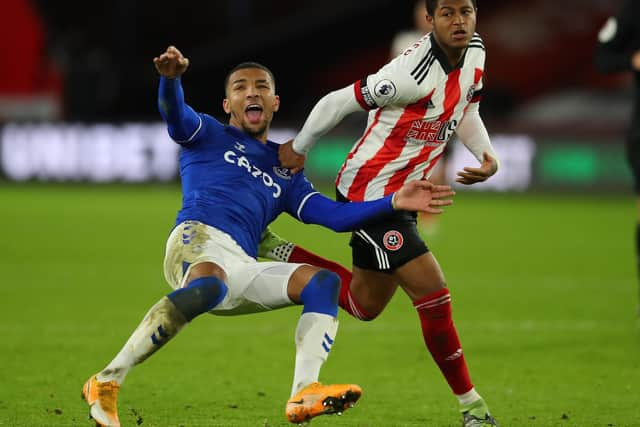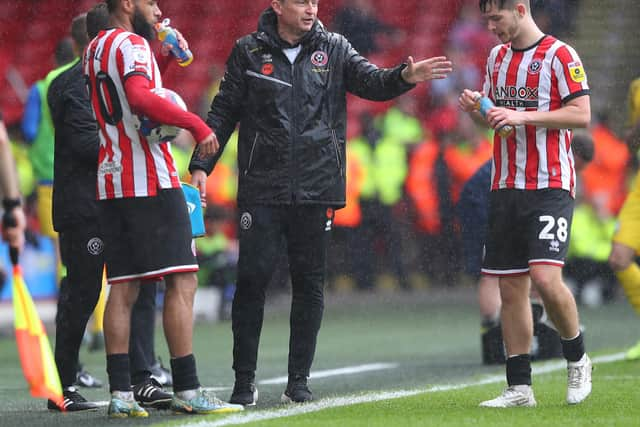Sheffield United takeover talk said to be shaping recruitment plans
and live on Freeview channel 276
After leading United to automatic promotion last season, Paul Heckingbottom is now in the process of attempting to hold talks with identified targets, their clubs and representatives. The majority of the manager’s activity is expected to revolve around brokering temporary deals, such as the ones which saw Manchester City duo Tommy Doyle and James McAtee and former Newcastle defender Ciaran Clark spend last term at Bramall Lane.
Although Heckingbottom has been informed he can make permanent acquisitions, the sum of money placed at his disposal to facilitate those means the numbers are likely to be limited.
Advertisement
Hide AdAdvertisement
Hide AdThe emphasis on entering into short-term agreements with players has come about largely through necessity, as Heckingbottom and his coaching staff attempt to draft-in the number of reinforcements required to make United competitive in the Premier League whilst remaining within budget.
But some observers suspect it could also be a reaction to events behind the scenes, following Prince Abdullah bin Musa’ad bin Abdulaziz Al Saud’s public declaration that he will consider a sale.
With individuals and consortiums from both the US and Prince Abdullah’s homeland Saudi Arabia known to have made contact with the 58-year-old following the collapse of his discussions with embattled Nigerian entrepreneur Dozy Mmobuosi, United’s hierarchy are aware the resources placed at Heckingbottom’s disposal could increase if a deal is formulated and then sanctioned by the PL.


The board will also be aware that a sale could be easier to broker if those exploring the possibility of taking charge know they won’t be required to cover the costs of any long term deals; providing them with an opportunity to channel more of their funds into recruitment and infrastructure projects.
MORE: Terms placed on Holgate
Advertisement
Hide AdAdvertisement
Hide AdNevertheless, there is a delicate balance to be struck: If negotiations continue beyond the start of next term, United’s value could decrease if they find themselves in a precarious position towards the bottom of the table.
One business expert, who asked to remain anonymous, last night told The Star they believed the tactic is designed to try and keep a tight grip on costs whilst improving both the calibre and the depth of Heckingbottom’s squad.


Despite investigating the possibility of renewing their relationship with Doyle and McAtee, as well as approaching Everton about the possibility of borrowing Mason Holgate, the overwhelming majority of players linked with United at present are based overseas.
PL rules dictate that if City sanctioned the departure of both Doyle and McAtee - which appears unlikely - at least one would have to be purchased in order to comply with competition rules. However, legislation governing the ability of its members to bring in talent from overseas was relaxed at a recent PL meeting. Although they have not made their position on the issue clear, it seems certain that United’s delegate was instructed to back the proposal when it was included on the agenda and then circulated.
